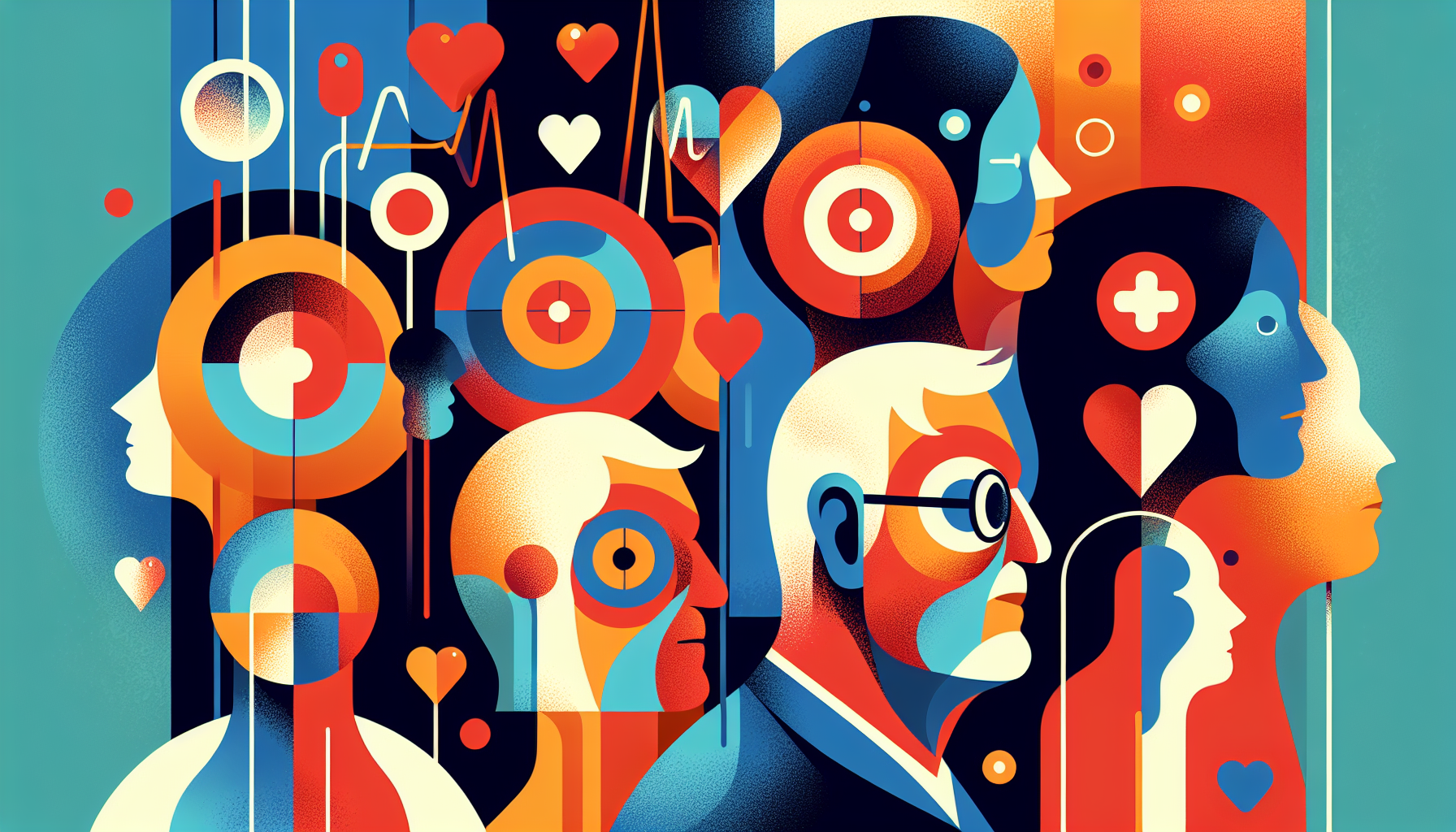Age-related macular degeneration (AMD) is a common eye condition that can cause vision loss in people over 50. It affects the macula, the central part of the retina responsible for sharp, detailed vision. AMD occurs when the macula deteriorates, leading to symptoms such as blurred or distorted vision, dark spots in your central vision, and difficulty seeing colors.
Types of Age-Related Macular Degeneration
There are two main types of AMD:
Dry AMD: This is the most common form, characterized by the presence of yellow deposits called drusen under the retina. As the condition progresses, the light-sensitive cells in the macula gradually break down, causing vision loss.
Wet AMD: This less common but more severe form occurs when abnormal blood vessels grow beneath the retina and leak blood and fluid, causing rapid vision loss. Wet AMD can develop from dry AMD.
Causes and Risk Factors
The exact cause of AMD is unknown, but several risk factors can increase your likelihood of developing the condition:
Age (being over 50)
Smoking
Family history of AMD
Obesity
High blood pressure and cholesterol
Being assigned female at birth
Additional risks may include excessive sunlight (UV) or blue light exposure
Diagnosing Age-Related Macular Degeneration
Your eye doctor can diagnose AMD during a comprehensive eye exam. They may perform the following tests:
Visual acuity test to measure your central vision
Dilated eye exam to examine your retina and macula for signs of damage
Amsler grid test to detect distortions in your central vision
Optical coherence tomography (OCT) or fluorescein angiography to visualize the retina and detect abnormal blood vessels
Treatment Options for Age-Related Macular Degeneration
While there is no cure for AMD, several treatment options can slow its progression and preserve your vision:
Dry AMD Treatment
AREDS2 supplements: These contain a specific combination of vitamins and minerals that can slow the progression of intermediate to advanced dry AMD. Consult your eye doctor to determine if these supplements are right for you.
Lifestyle changes: Quitting smoking, maintaining a healthy diet rich in leafy greens and omega-3 fatty acids, and exercising regularly can support eye health.
Wet AMD Treatment
Anti-VEGF injections: These medications, such as Eylea, Avastin, and Lucentis, block the growth of abnormal blood vessels and can improve vision in some cases.
Photodynamic therapy: This treatment combines a light-sensitive drug with a low-powered laser to destroy abnormal blood vessels.
Living with Age-Related Macular Degeneration
If you have AMD, your eye doctor can help you manage the condition and maintain your quality of life. Low vision aids, such as magnifiers and text-to-speech devices, can help you continue everyday activities. Adequate lighting and regular eye exams are also essential for monitoring your eye health.
Remember, early detection and treatment are key to preserving your vision. If you experience any changes in your vision, contact your eye doctor immediately.
The Bottom Line
Early detection through dilated eye exams every 1-2 years after age 50 is crucial since treatments work best before significant vision loss occurs. While there's no cure, prompt intervention can preserve functional vision for daily activities in most patients. If you notice sudden changes in central vision or difficulty with reading, Doctronic can help connect you with appropriate eye care quickly.



